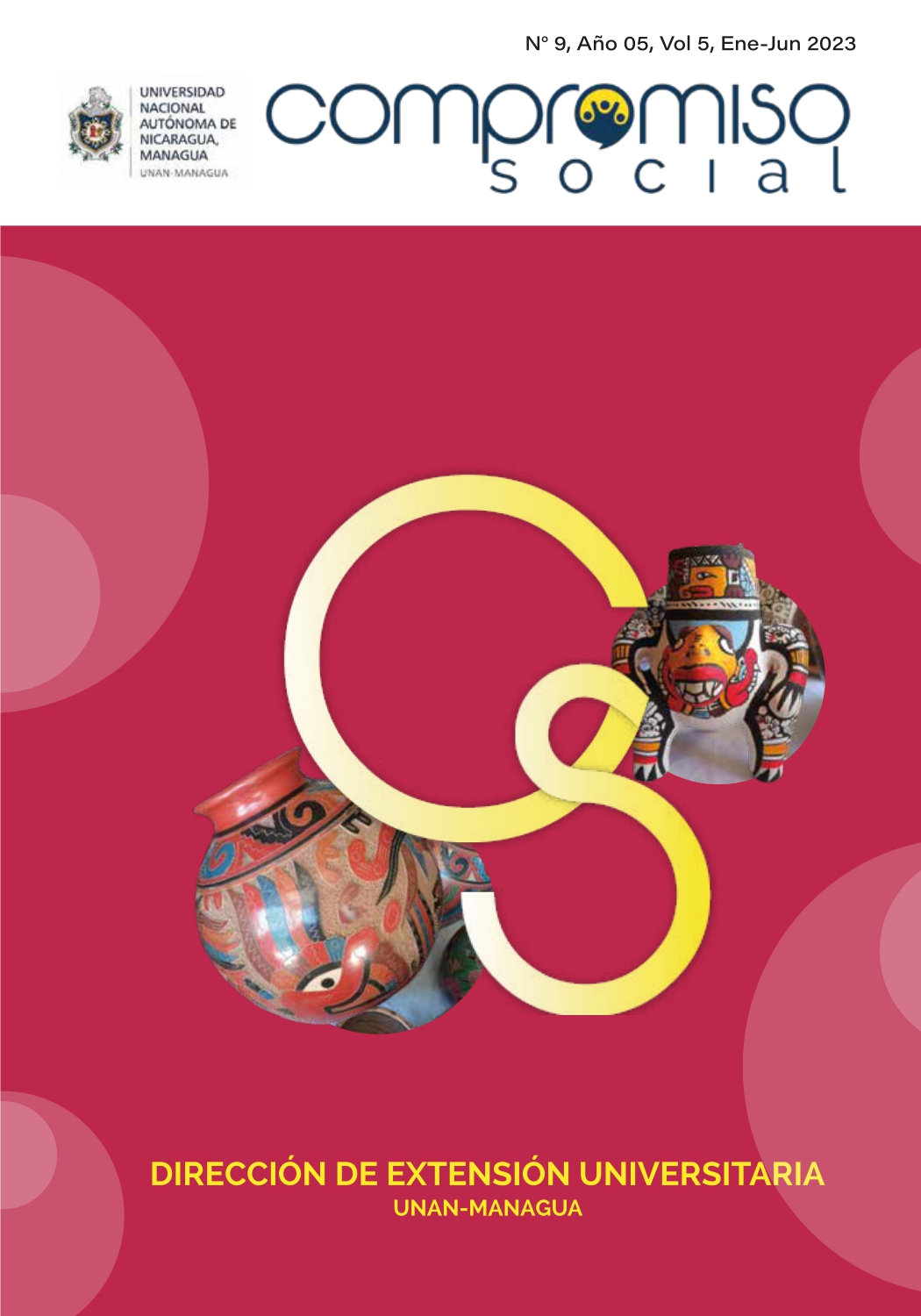Teaching attitudes towards gender equity, breaking the glass ceiling
DOI:
https://doi.org/10.5377/recoso.v9i9.18577Keywords:
Gender, Culture, Equity, Equality, Attitudes, Teacher, SexismAbstract
This article entitled "attitudes of teaching towards gender equality, breaking the glass ceiling", has the purpose of analyzing the attitude of teaching on gender issues, since today teaching faces multiple problems of attitude, especially in gender inequalities, to repetitive sexism, which possibly has to do with culture, and to a change in attitude, although at present one cannot be so radical in assuring that in Nicaragua no progress has been made in this regard. aspect, if many advances are observed in practice, mainly in childhood and youth, as confirmed by the Global Ranking of the Gender Gap 2022, the reduction of the gender gap was 81%, where Nicaragua is located in the seventh position in the world, this shows that the State is doing a lot for gender equality and equity, observing this in State institutions and in all spheres of government, The methodology used, because it is an informative descriptive text and of a perception staff; I did not have a study population and sample, with a qualitative approach; interpretive paradigm; the techniques. For the collection of information, a review of primary sources was made that allowed an exhaustive analysis of the information; the format used is APA 6 style. It is concluded that for many efforts that have been made in society to promote a society in equality and equity, there is still inequality in human beings, inequalities that are expected to be equalized in the future when men and women live in complete association. In this sense, teaching must be prepared to maintain a good predisposition.
Downloads
References
Bolf, L. & Murano , R. ( 2004). Femenino y Masculino: una nueva corriente para el encuentro de las diferencias, Madrid: Trotta.
Cerviño, Mª. J. y Hernández, G. (2009). Coeducación: dos sexos en un solo mundo. Módulo 1. Coeducar, hoy. Madrid. http://www.ite.educacion.es/formacion/materiales/112/cd/pdfs/modulo_1.pdf
Eisler, R. (1987). El Cáliz y la Espada, nuestra historia, nuestro futuro. Chile: Cuatro vientos.
Eisler, R. (1999). El Placer Sagrado: nuevos caminos hacia el empoderamiento y el amor, 2da edic. Volumen II, Chile: Cuatro vientos.• Holding, S. (1996). Ciencia y Feminismo. Madrid: Morata.
Kosko, B. (2000). El Futuro Borroso o cielo en un chip. Barcelona, España: Crítica.
Morín, E. (2006). Método 6, Ética. Madrid: Cátedra• Novo, M. (2007). Mujer y Medio Ambiente: Los Caminos de la Visibilidad, Utopías, Educación y Nuevo Paradigma. Madrid: Catarata.
Downloads
Published
How to Cite
Issue
Section
License
Copyright (c) 2023 Universidad Nacional Autónoma de Nicaragua, Managua(Unan-Managua)

This work is licensed under a Creative Commons Attribution-NonCommercial-ShareAlike 4.0 International License.




